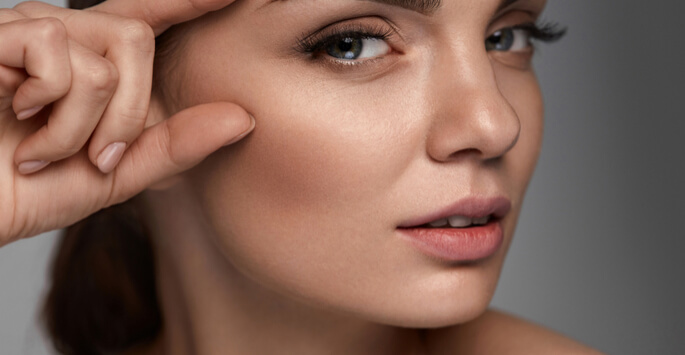A chemical peel treatment is a great way to rid the skin of issues like acne, wrinkles, hyperpigmentation, fine lines, and scarring. This treatment has been around for a very long time because it is very efficient. Getting a pro peel at the Institute of Aesthetic Surgery could heal all your skin woes.
Why Undergo a Chemical Peel?
Nowadays, the “chemical peel” term is used to mean a variety of formulations that range from mild glycolic peels (these can be done at home) to stronger Phenol peels (often need sedation/ general anesthesia). But all in all, these workhorses have proved effective in correcting acne, skin discoloration, age spots, melasma, fine lines (particularly around the mouth and beneath eyes), freckles, sun damage, and much more.
Some peels result in changes that are fairly light and make the skin fresher via exfoliation. Moderately deep chemical peels can help different types of pigmentation problems. Deeper peels are the best for rectifying wrinkles.
Mild Peels
Several mild chemical peels treatments on the face, neck, and chest done every few weeks are excellent for busy people as they help them to achieve significant changes with very little downtime. These weaker peels are normally made from citric acid, glycolic acid, or lactic acid and they can help to correct acne scars, the tone, and texture of the skin, reduce the appearance of fine lines and wrinkles, and diminish sun damage effects.
Medium-Strength Peels
These types of peels contain some of the acids used in mild peels, but at a higher level. For instance, trichloroacetic acid (TCA) chemical peels when applied at over 25% are medium-strength peels, but anything below that level would be considered mild. Since medium-strength peels are deeper they are great for treating hyperpigmentation, moderate/coarse wrinkles, heavy sun damage, acne scars, and leathery skin.
Deep Chemical Peels
When it comes to deep peels, Phenol chemical peels are the strongest and they target uneven skin tone, deep wrinkles, and sun damage. They are very effective at treating the vertical lines (also called smoker lines) found around the mouth and they function better on lighter skin, because there’s a lower risk of hypopigmentation. Phenol peels are normally applied on the face only and anesthesia might be needed. They are not used on the neck and hands, as the skin in those areas is thinner.
If you are experiencing skin issues and really want to do something about them, consider speaking to the experts at The Institute of Aesthetic Surgery in Orlando, Celebration, and Altamonte Springs, FL to discuss how a chemical peel treatment can benefit you. We also serve residents in Lake Nona. Contact us today to schedule your initial consultation and explore which chemical peel is the best for you!
Thinking about Getting a Chemical Peel? Here Is What You Should Know


